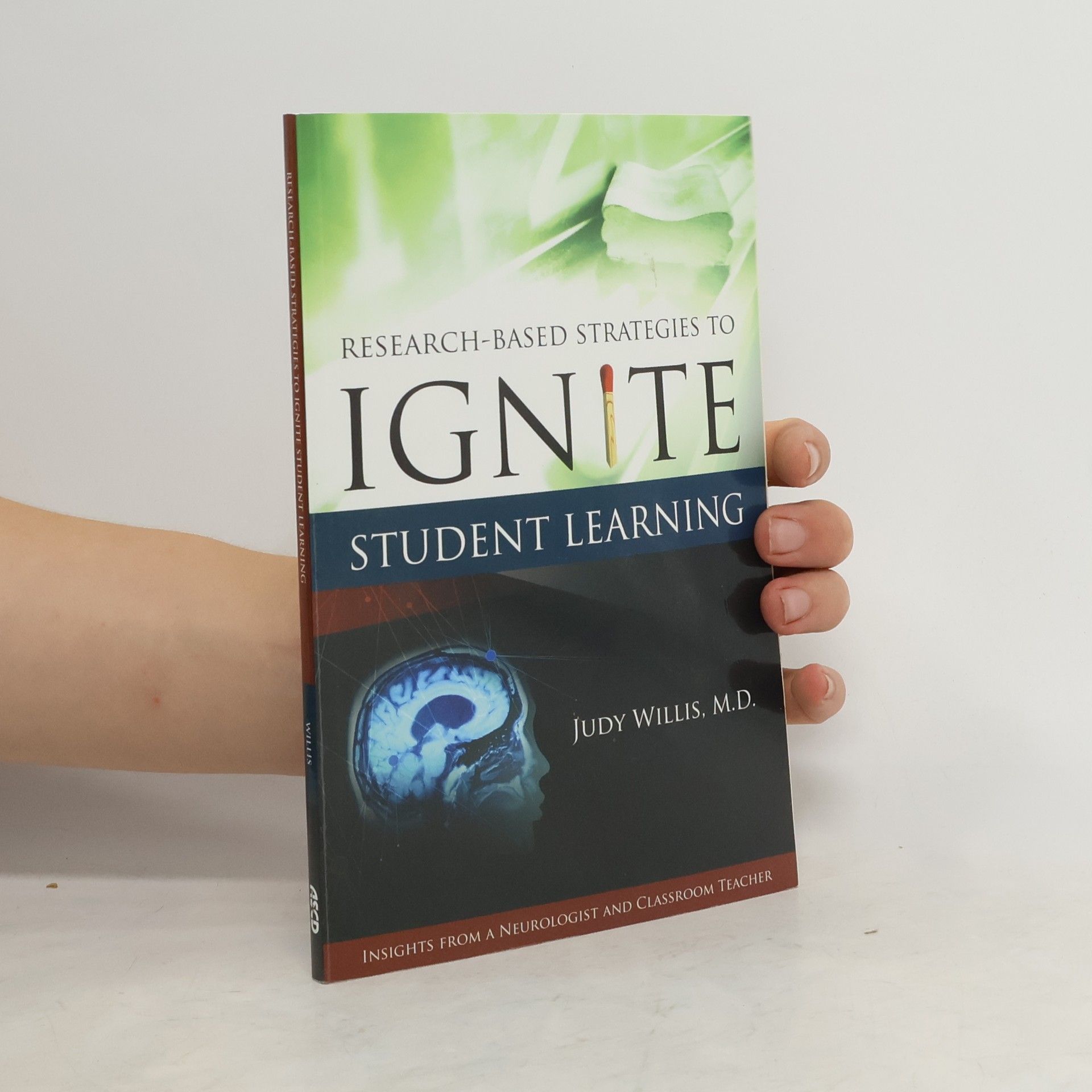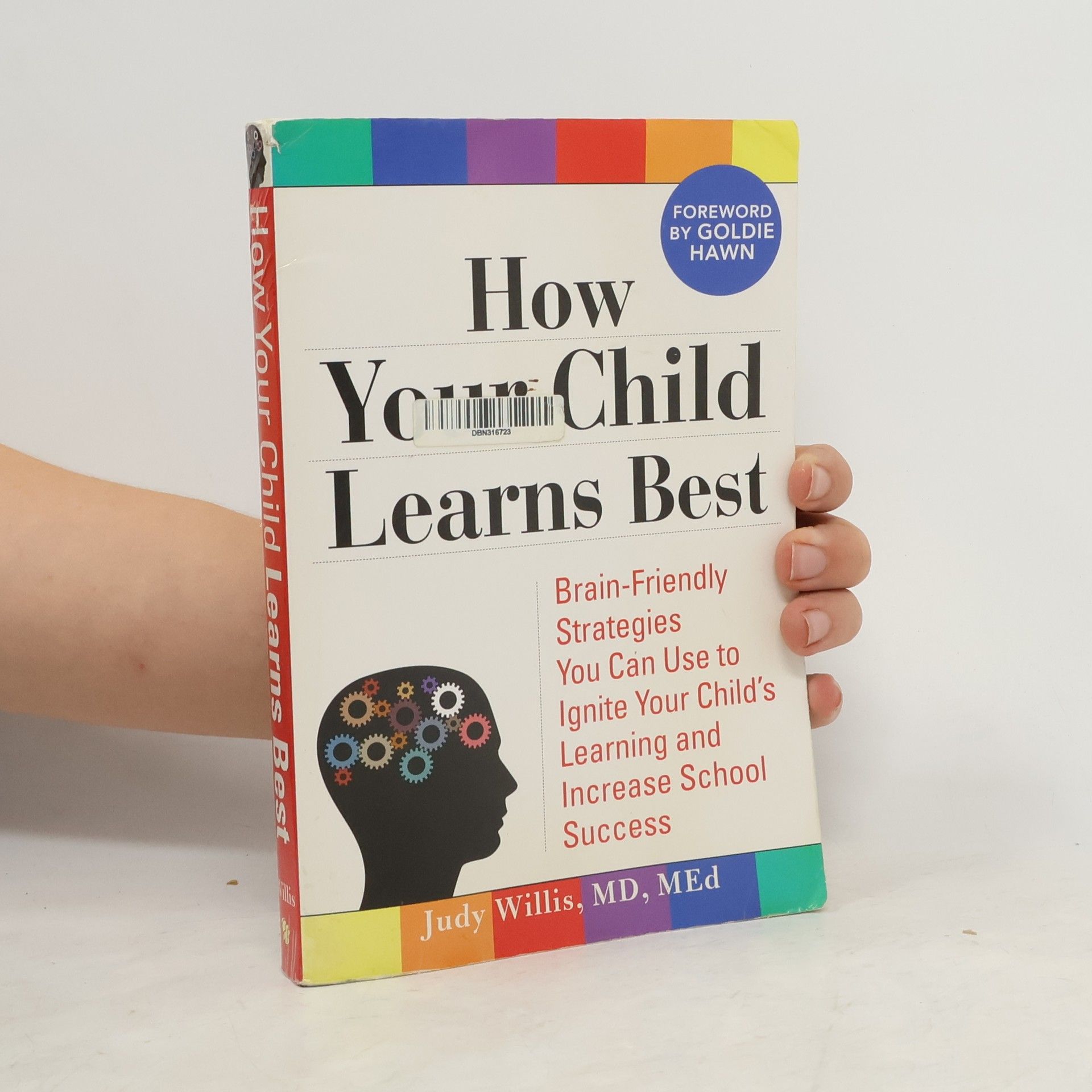How Your Child Learns Best
Brain-Friendly Strategies You Can Use to Ignite Your Child's Learning and Increase School Success
- 336 stránek
- 12 hodin čtení
This groundbreaking guide for parents merges the latest brain research with effective classroom practices to enhance children's learning. Written by Judy Willis, MD, MEd, a board-certified neurologist and classroom teacher, it reveals scientifically informed strategies to boost academic success. The book emphasizes understanding how your child learns best, enabling parents to enrich education in everyday settings, from grocery stores to cars, which is essential in today’s "teach to the test" environment. Targeted strategies for children aged three to twelve utilize common household items and enjoyable activities tailored to age and learning strengths. Parents can discover methods to improve academic focus, reduce test anxiety while enhancing scores, foster creativity, and boost attention span, memory, and critical thinking skills. This resource maximizes your child's brain potential and provides valuable insights for parents seeking the best for their children. The foreword by Goldie Hawn highlights the book's significance as a much-needed reference for guiding children's growth and development.

